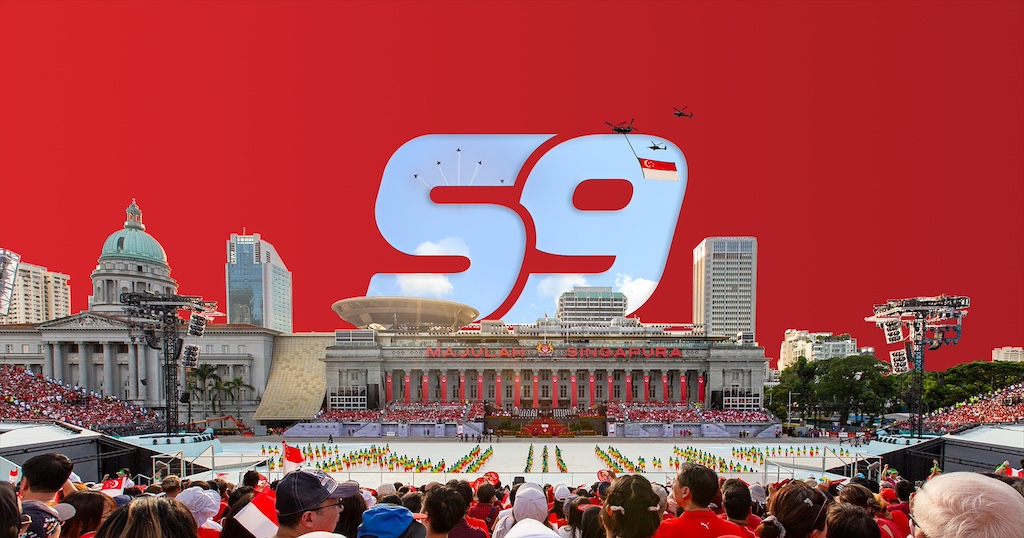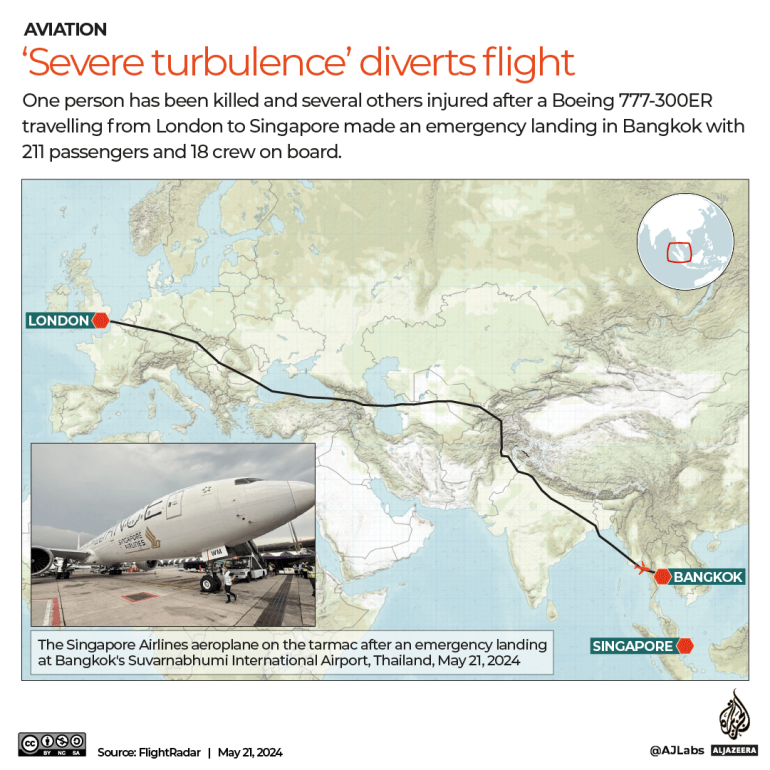The use of online messaging and social media apps among Singapore residents has spiked during the COVID-19 pandemic, a Nanyang Technological University, Singapore (NTU Singapore) study has found.
Three in four respondents (75%) said that their use of WhatsApp during the pandemic increased. This was followed by Telegram (60.3%), Facebook (60.2%) and Instagram (59.7%).
Accompanying this spike is videoconferencing fatigue, found the NTU Singapore study, which surveyed 1,606 Singapore residents from 17 to 31 December last year. Nearly one in two Singapore residents (44%) said they felt drained from videoconferencing activities, which became more frequent during the COVID-19 outbreak.
Some 86% of the respondents reported that their use of videoconferencing tools increased during the pandemic.
The increased use of online communication tools could in part be driven by feelings of isolation, said the researchers. When asked how often they felt they lacked companionship, 35% of the respondents indicated they have felt this way sometimes, while 19% felt this way often or very often. Some 32% also reported feeling left out sometimes, while 18% said they felt left out often or very often.
The nationwide online study looking at the new normal following the COVID-19 outbreak is commissioned by the Centre for Information Integrity and the Internet (IN-cube), a new research centre at NTU’s Wee Kim Wee School of Communication and Information (WKWSCI) and conducted by a local polling company.
Associate Professor Edson C. Tandoc Jr., the Director at IN-cube, said: “The significant correlation between the use of online communication tools and feelings of isolation from the survey results may help explain why most of our respondents reported an increase in their use of online communication tools in the past few months, as they turn to these tools to feel connected to others even when physical interactions have to be limited.“Social interaction through these online communication tools definitely brings about new challenges. Some may feel as if they are always on call at work or among their friends. Others may be uncomfortable with turning their cameras on during a video call or may not have a stable internet connection. With these difficulties and limitations in mind, we need to be mindful of our expectations of others when we are using these tools or when we ask others to use them.”
Cautious optimism about the COVID-19 situation
The IN-cube survey also found that nearly two in three (63.1%) Singapore residents think that the COVID-19 situation will improve this year, with six in 10 (60.6%) looking forward to travel out of Singapore.
One in four respondents also indicated plans to make high-value purchases after the pandemic, such as buying luxury bags, cars or property.
However, this optimism about the COVID-19 situation improving comes with a tinge of caution. Some 68.7% said they would likely or very likely continue to avoid places with large public gatherings while 68.5% said they would continue to engage in social distancing even after the pandemic is over.
Face masks may also remain commonplace, as 64% said they would continue to wear face masks outdoors even after COVID-19, while 62% said they are likely or very likely to continue to work from home whenever possible, even after the pandemic.
NTU Assistant Professor Edmund Lee, Assistant Director at IN-cube, said: “The intention of Singaporeans to avoid large public gatherings – even though they believe that COVID-19 situation will improve – is a positive indication that people are still remaining vigilant as they adapt to the new normal.
“The challenge is how we can avoid becoming victims of our own success, ensuring that people do not get ‘COVID-19 fatigue’ and let their guard down as Singapore gradually opens up to the world.”
Launched today, IN-cube aims to contribute to promoting information integrity – the creation and sharing of accurate, reliable, and relevant information – in online spaces, especially in an era of misinformation and disinformation, through timely, rigorous, and relevant research that links academics, policymakers, industry players, and the public.
Professor Joseph Liow, Dean of NTU’s College of Humanities, Arts, & Social Sciences said: “In this age of fake news, understanding why people seek information, how they do it, and how they use the information is therefore important. For instance, it is important to track an increase in the use of social media and messaging apps, since these spaces are also breeding grounds for fake news. Through IN-cube, we hope to keep track of information behaviour in Singapore on a regular basis and understand their implications, such as on our well-being, and also tackle the issues that arise in a timely and relevant manner. This study by IN-cube about the new normal, looking into public sentiments, is just the first step.”
Assoc Prof Tandoc, who is also from NTU WKWSCI, said: “Our collective experience of this pandemic as a community will have long-term effects on our social behaviour and interactions. This is something we are interested to find out and hope to keep track of at our new research centre, especially as health experts warn of future pandemics if we keep up with the same human activities that drive climate change and biodiversity loss. We believe that documenting long-term behavioural changes due to COVID-19 can inform policy and industry, such as how we respond as a community to accelerating shifts to online shopping and e-learning as well as to increased reliance on online tools for information.”
For the full results of the study, please refer to this link.
***END***
Media contact:
Foo Jie Ying
Manager, Corporate Communications Office
Nanyang Technological University
Email: [email protected]
About Nanyang Technological University, Singapore
A research-intensive public university, Nanyang Technological University, Singapore (NTU Singapore) has 33,000 undergraduate and postgraduate students in the Engineering, Business, Science, Humanities, Arts, & Social Sciences, and Graduate colleges. It also has a medical school, the Lee Kong Chian School of Medicine, established jointly with Imperial College London.
NTU is also home to world-class autonomous institutes – the National Institute of Education, S Rajaratnam School of International Studies, Earth Observatory of Singapore, and Singapore Centre for Environmental Life Sciences Engineering – and various leading research centres such as the Nanyang Environment & Water Research Institute (NEWRI) and Energy Research Institute @ NTU (ERI@N).
Ranked amongst the world’s top universities by QS, NTU has also been named the world’s top young university for the past seven years. The University’s main campus is frequently listed among the Top 15 most beautiful university campuses in the world and has 57 Green Mark-certified (equivalent to LEED-certified) buildings, of which 95% are certified Green Mark Platinum. Apart from its main campus, NTU also has a campus in Novena, Singapore’s healthcare district.
Under the NTU Smart Campus vision, the University harnesses the power of digital technology and tech-enabled solutions to support better learning and living experiences, the discovery of new knowledge, and the sustainability of resources.
For more information, visit www.ntu.edu.sg.









